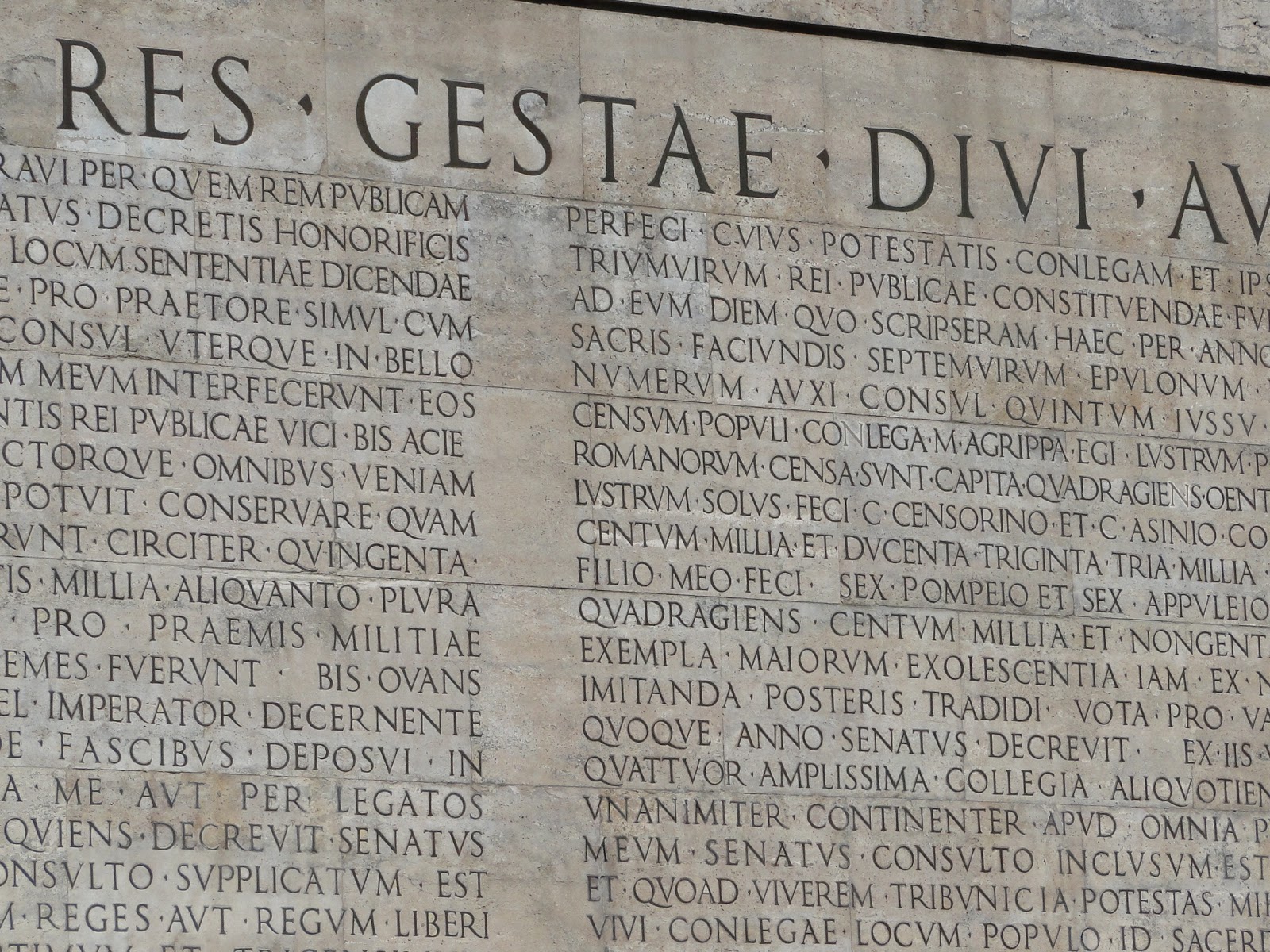Short Essay on the Res gestate – The phrase “Res Gestate” is of Latin origin, which means “things done”. Generally, Hearsay evidence is not admissible in the court of law as the same suffers from lack of credibility.
But, there are situations or instances, where certain statements are made so spontaneously or naturally that they leave little room for misunderstanding or misinterpretation upon hearing by someone else.
Res Gestate is one of such exceptions to the rule of Hearsay and enshrined in section 6 of the Indian Evidence Act. As per section 6, those facts which constitute the res gestate must be such as so connected with the very transaction or fact under investigation as to constitute a part of it.
ADVERTISEMENTS:
Thus, this provision admits those facts, the admissibility of which comes under the technical expression res gestate, provided such facts must form part of the same transaction.
A transaction is defined as a group of facts so connected together as to be referred to by a single name, as a crime, a contract, etc. Thus, only those facts which are contemporaneous with the fact in issue are admissible in the court of law as they form part of the transaction in controversy.
The admissibility of the declaration or act as part of the transaction depends on continuity of action as also proximity of time and community of purpose. The principle of law embodied in section 6 of Evidence Act is usually known as the rule of res gestates.

